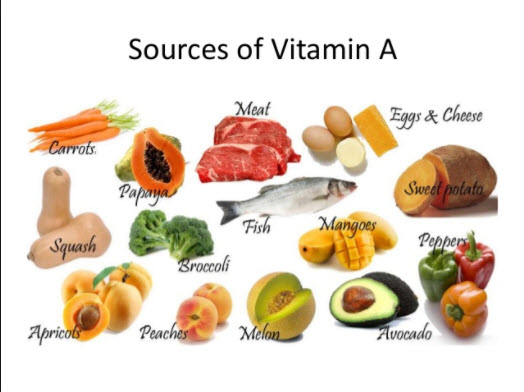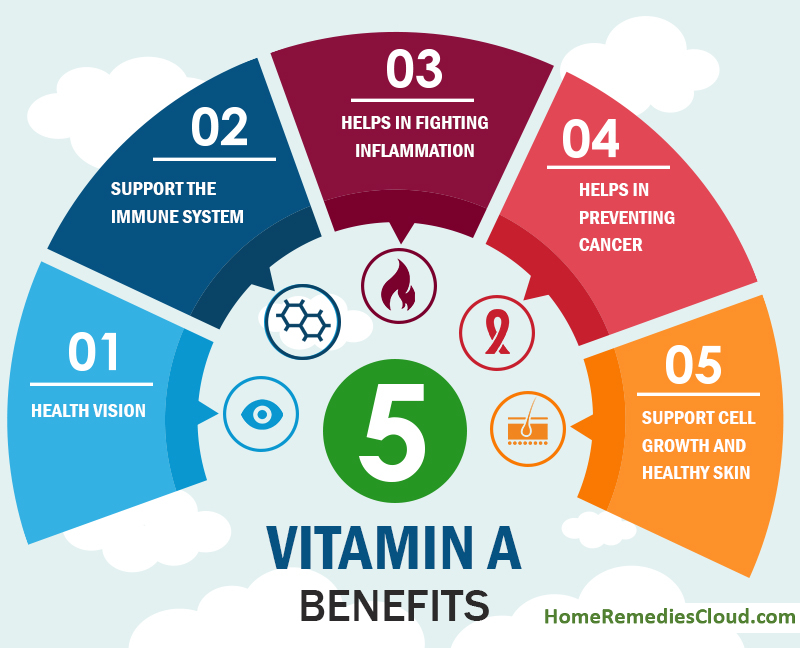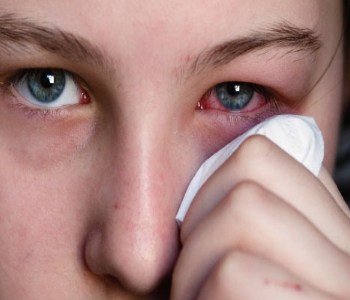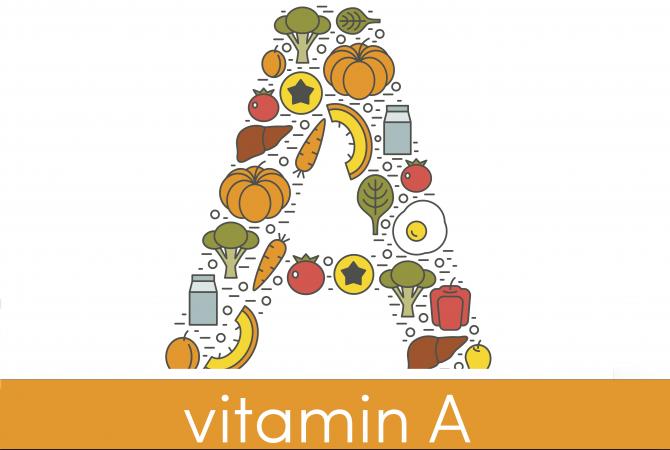Vitamins are very important for keeping the body in good health. When you are unable to get sufficient amounts of certain vitamins, this can result in a vitamin deficiency.
This post is going to be about just one vitamin, the vitamin A.
Vitamin A is a fat-soluble, powerful antioxidant vitamin that is essential to our bodies. It promotes the normal growth and health of body cells and keeps skin healthy. It also supports the immune system, helps strengthen vision, stimulates the production and activity of white blood cells, assists with bone remodeling, and regulates cell growth.
There are two types of Vitamin A
Retinoids: Vitamin A from Animal Sources also known as preformed Vitamin A.
This group of compounds has an important role in healthy vision, cell and bone tissue growth, and immune function. They can also be used in medicine as well. However, vitamin A in this form is naturally found in animal products like liver, eggs, and milk. Vegans may need Vitamin A supplementation as they may not get sufficient quantities in their diet.
Carotenoids: Vitamin A from Plant Sources also known as provitamin A
Unlike retinoids, carotenoids like beta carotene are found in plant sources like vegetables and fruits. But both groups can help promote healthy skin and eyes, and boost the immune system. Carotenoids can be found in fruits and vegetables like kale, carrots, and cantaloupe.
Best Food Sources for Vitamin A
The suggested daily intake of vitamin A varies with age and other circumstances; for instance, when women are pregnant or lactating, they can normally benefit from a higher daily dose. Recommended intakes for vitamin A for people aged 14 years and older range between 700 and 900 micrograms (mcg) of retinol activity equivalents (RAE) per day. Recommended intakes for women who are nursing range between 1,200 and 1,300 RAE.
You can get recommended amounts of vitamin A by eating a variety of foods, including the following:
- Beef liver and other organ meats (but these foods are also high in cholesterol, so limit the amount you eat).
- Some types of fish, such as salmon.
- Green leafy vegetables and other green, orange, and yellow vegetables, such as broccoli, carrots.
- Fruits, including cantaloupe and mangos.
- Dairy products.
- Fortified breakfast cereals.
Always be sure to consult your doctor about dietary changes in case you may need some Vitamin A supplementation.

Health Benefits of Vitamin A
Vitamin A is essential for good vision. It also plays a critical role in healthy bone growth. Vitamin A is necessary for reproduction, as it helps generate cell division and cell growth. In addition, vitamin A supports the immune system and promotes good skin health.

Dangers of Vitamin A Deficiency
Vitamin A deficiencies can especially affect the elderly, the chronically ill, premature infants, young children, and pregnant women. The most common symptom of vitamin A deficiency in young children and pregnant women is an eye condition called xerophthalmia (or night blindness) Xerophthalmia is the inability to see in low light, and it can lead to blindness if it isn’t treated. Other symptoms include scaly skin, brittle hair and nails, poor growth, and poor immunity. People who lack of vitamin A also tend to have low iron levels, which can lead to anemia.

Too much of a good thing can sometimes be bad for you and this is true even with Vitamin A. High intakes of some forms of vitamin A can be harmful.
Getting too much preformed vitamin A (usually from supplements or certain medicines) can cause dizziness, nausea, headaches, coma, and even death. High intakes of preformed vitamin A in pregnant women can also cause birth defects in their babies. Women who might be pregnant should not take high doses of vitamin A supplements.
Consuming high amounts of beta-carotene or other forms of provitamin A can turn the skin yellow-orange, but this condition is harmless. High intakes of beta-carotene do not cause birth defects or the other more serious effects caused by getting too much preformed vitamin A.
Most people are able to get sufficient vitamins from eating a healthy balanced diet. However if you are concerned that your dietary intake might not be enough or if you have any worrying symptoms, do not hesitate to see your doctor for a check up.






